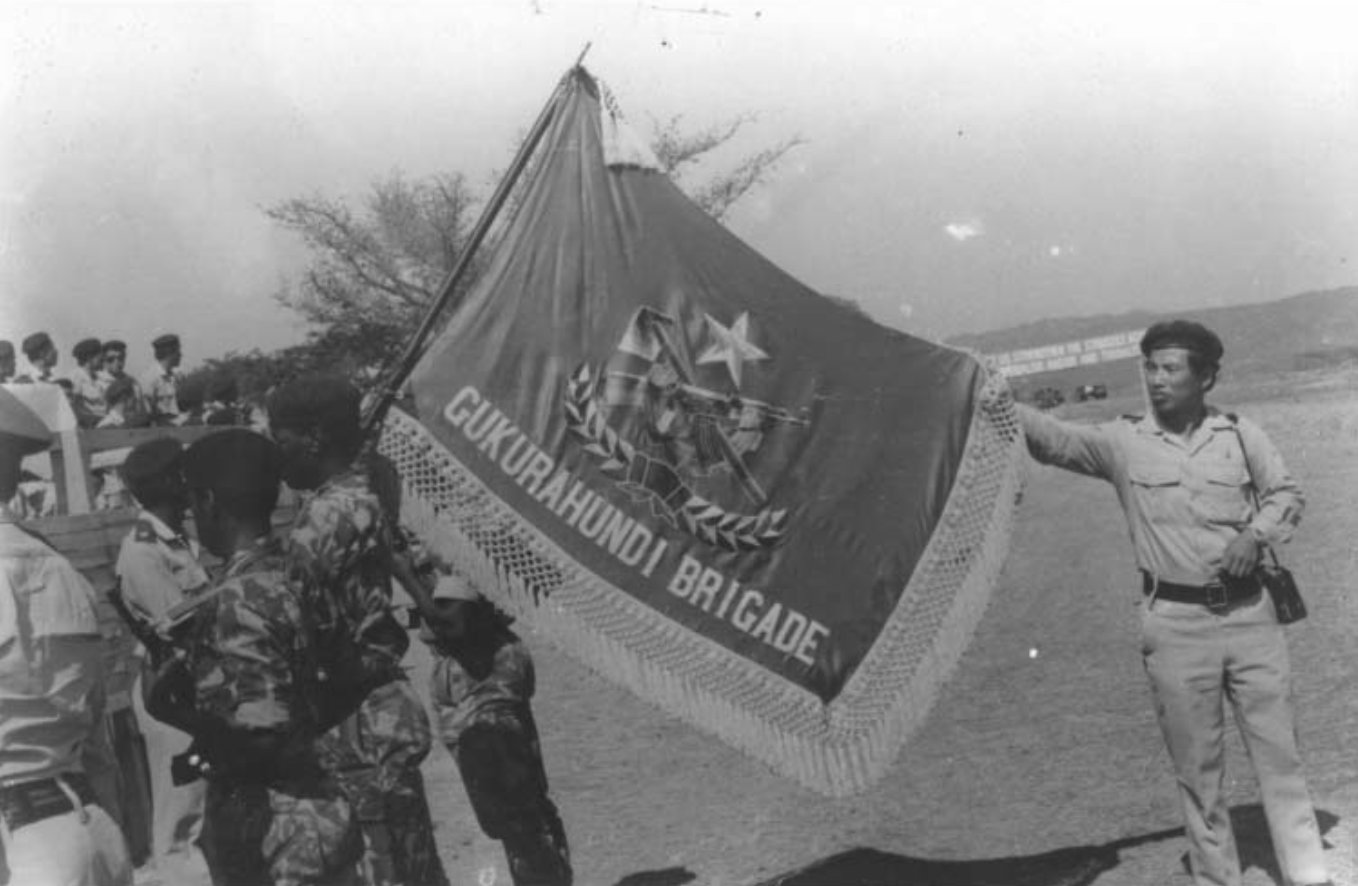Former dissidents have suggested the government should have included them in efforts to solve Gukurahundi alongside chiefs as they were the target of the government-sponsored mass killings.
These sentiments come as the traditional leaders prepare to hold community consultative meetings with Gukurahundi victims beginning this month.
The term “dissident” was adopted in the mid-1980s and it referred explicitly to ZPRA guerrillas and some, who had joined the national army but either had left or deserted it for various reasons.
Ndebele people who also happened to be predominantly ZAPU supporters were also labelled “dissidents”.
When the Fifth Brigade army was deployed in the 1980s, it violently killed Ndebele civilians in what is known as the Gukurahundi genocide purportedly to deal with the “dissident menace,” as former President, the late Robert Mugabe had stated.
One of the Zanu founders, Enos Nkala, described dissidents as “Ndebeles who were calling for a second war of liberation and should be shot down.”
Given this context, some Gukurahundi victims who were labelled dissidents said this group should be included in efforts to solve Gukurahundi.
“The government wants to involve chiefs who were not there. If they wanted chiefs to take a lead role they should also have included other groups such as dissidents as we were the ones who were hunted down when people were killed,” said a former dissident, Phumuza Ndlovu of Plumtree in an interview with CITE.
Ndlovu stated that communities dealing with Gukurahundi must be able to ask what happened and be told the truth.
“How will the chiefs who were not present during Gukurahundi respond to the people?” he questioned.
Ndlovu claimed to be a dissident because Zanu leaders who wanted to control the country labelled ZAPU supporters and ZPRA fighters as such.
“When Zimbabwe was liberated in 1980, we expected it to be led by both the structures and principles of ZAPU and Zanu, with the national army governed by ZPRA and ZANLA, but instead the country adopted the repressive laws of the white colonial system that we had fought. For example, the White army that we had been fighting was now leading us in the integration process,” he noted.
Ndlovu claimed that after independence, he joined the Three Brigade army’s canine section in Mutare, but he and other ZPRA members were labelled dissidents before they even deferred.
“The crux of the issue is that what we hoped and expected to happen in the new Zimbabwe did not happen. The whites’ repressive system was adopted, which caused fellow comrades to desert the rules because ZAPU and ZPRA members were being killed one by one. Our army commanders, the late Lookout Masuku and Dumiso Dabengwa, were arrested, and Zanu went after everyone, looking for weapons allegedly hidden by ZPRA members,” he said.
Ndlovu stated he and other former victims were planning to form the Matabeleland Tribal War Victims Association, which would engage communities, as relevant stakeholders in the resolution of Gukurahundi.
“This is in the works, and we are currently working on its constitution before it is formally registered. This association will be made up of many people, including PF ZAPU supporters, refugees who returned from the war without training, those dismissed from the army and those who did not join the army but were camped at assembly points. These are some of the people who were killed during Gukurahundi. The association will include the children of those who have died,” he said.
“Our intention is to participate as long as we have the right to do so. When the consultations begin, our role is to mobilise these groups. We will mobilise these people because we know them but we will also want to know what they will receive from the government.”
Ndlovu remarked the government cannot deny them the role of resolving Gukurahundi and that if they are denied, they will defy.
“We will carry out our mission because these atrocities occurred to us. People were murdered under the guise of knowing or harbouring us as dissidents,” he summed.

